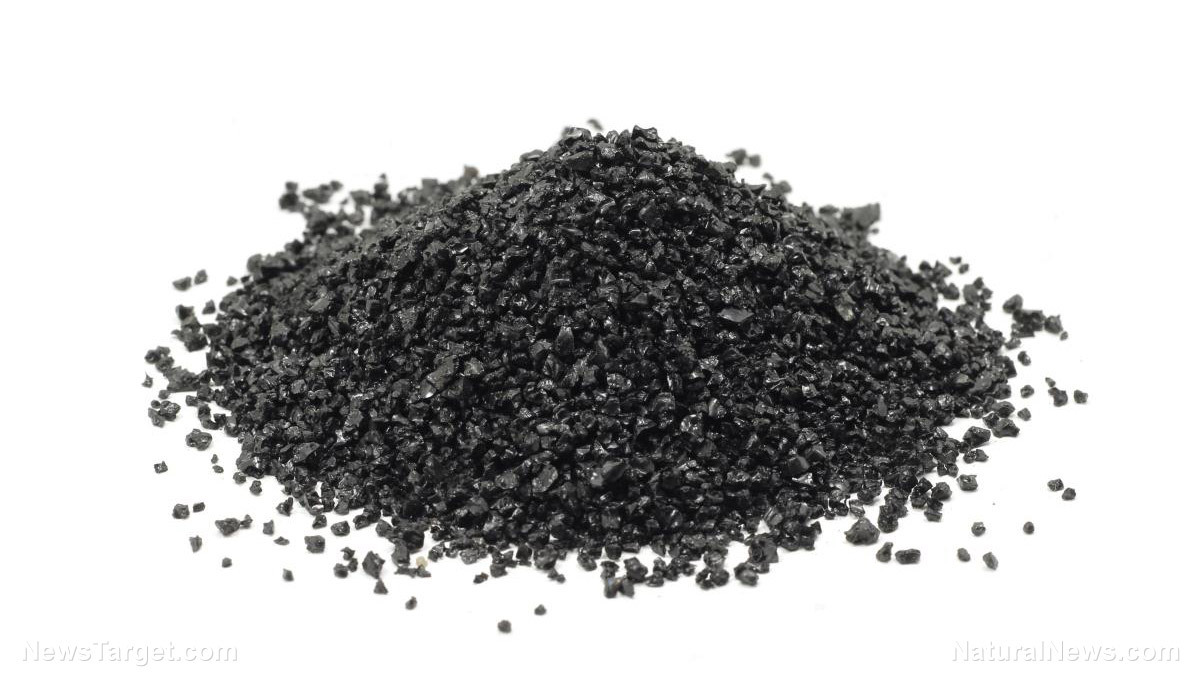Antacid drugs linked to increased risk for heart attack, dementia and renal failure
02/02/2019 / By Michelle Simmons

Many people who suffer from acid reflux and heartburn take antacid drugs to treat their condition. However, using these proton pump inhibitors (PPIs) for a long time can cause serious and life-threatening side effects — just like any other drug.
One of the deadly side effects of continuously taking antacid drugs is that it speeds up blood vessel aging, according to a study published in Circulation Research, an American Heart Association journal. Carried out by a team of researchers from the Houston Methodist Research Institute, the study is a progression of the work that John Cooke started over five years ago.
For the study, the team, which was led by Cooke, exposed human endothelial cells for some time to PPIs and found that prolonged exposure to the drugs accelerated the aging of the cells. Endothelial cells, then, form a non-stick coating that inhibits blood from adhering to blood vessel walls. As these cells age or become diseased, the endothelium also turns rough and sticky, resulting in blood components to adhere and create blockages.
In addition, the level of acidity within the blood vessels’ lysosomes are reduced. Lysosomes serve as endothelial cells’ garbage disposals and need optimal acid levels to function properly. When there is a buildup of waste in the endothelial cells, vascular decline also accelerates. As a result, this increases the risk of cardiovascular disease, renal failure, and dementia.
Cooke explained that they may be effective and do not affect the blood vessels and heart when taken only for a short period, they have no approval for prolonged use. Evidence shows that up to 70 percent of the use of these antacid drugs may be abusive or inappropriate.
Esomeprazole, which is sold under the brand name Nexium, is an example of a PPI that is widely used for the treatment of gastroesophageal reflux (GERD) and heartburn. They are available over-the-counter, there is not much medical supervision involved, so there is a chance that people take them inappropriately or frequently.
These findings back up the recent epidemiological and retrospective studies that looked at the links between the chronic use of PPIs and an increased risk of heart attack, kidney failure, and dementia. (Related: Baltimore group pushes FDA to issue cancer warning labels on acid reflux drugs.)
Natural remedies for acid reflux
Acid reflux occurs when stomach acid gets pushed up into the esophagus, also known as the food pipe. It can cause heartburn, which is a painful, burning sensation in the throat or chest. It may also cause other symptoms such as vomiting, bad breath, tooth erosion, and a bitter or sour taste in the back of the mouth.
Instead of taking antacid drugs, opt for natural remedies, which are effective and safer. You can treat this condition by making lifestyle changes, such as:
- Adhere to a low-carb diet: Poor carbohydrate digestion and bacterial overgrowth in the small intestine may be causing your heartburn. Research has shown that low-carb diets help relieve acid reflux symptoms.
- Drink more water: Drinking alcohol, coffee, carbonated drinks, and citrus juice can make your heartburn worse. Drink water instead of these beverages.
- Eat regular meals in smaller portions: Eating large meals increases the amount of food that the stomach needs to digest, which may worsen acid reflux. Therefore, eating four or five smaller meals a day may help prevent and treat acid reflux.
- Raise the head of the bed: In some cases, acid reflux symptoms worsen at night, disrupting sleep quality. Research shows that elevating the head of the bed may reduce reflux episodes and symptoms at night.
- Shed off some weight: Having too much belly fat increases the pressure inside the abdomen, causing acid reflux. So, losing some fat around the waist may help relieve some of the symptoms.
Learn of other prescription drugs that bring more harm than good at DangerousMedicine.com.
Sources include:
Tagged Under: acid reflux, antacid drugs, antacids, blood vessels, dementia, drugs, GERD, harmful medicine, heart attack, heartburn, PPIs, Proton pump inhibitors, renal failure



















